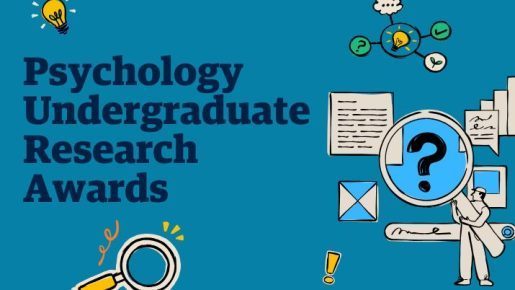How can you lead a happier and more meaningful life? Psychology Professor Dr. Elizabeth Dunn shares insights from her research.


Elizabeth Dunn
Most happiness researchers, including me, would say that the most important thing you can do to be happy is to work on your social relationships. There’s a classic study suggesting that having good social relationships seems to be the only thing that’s actually necessary for happiness. You can be rich or poor and be happy. You can exercise a lot or be a couch potato and be happy. But without good social relationships, it’s very unlikely that you will become very happy. It seems to be a necessary precondition for happiness in humans.
Our lab has tried to expand social psychology’s social circle by looking at the more peripheral members of our social networks – the bit players of our everyday lives. Maybe the barista you see everyday when you get your coffee, or the guy at the dog park you chat with when you walk your dog. We’ve shown that these seemingly trivial social interactions can also make a difference for people’s day-to-day well being.
In one study, we recruited people on their way into a Starbucks in downtown Vancouver and assigned them either to be efficient or social. In the efficient condition we told them to try to get in and get out with their coffee. In the social condition we asked them to have a social interaction with the cashier – smile, make eye contact, chat. What we found is that after leaving Starbucks, the people who were instructed to be social felt happier, and felt a greater sense of belonging in their community than those who were instructed to be efficient. Now obviously that little fleeting interaction isn’t going to leave people happier forever, and it certainly doesn’t replace close social relationships. But taking advantage of these little social snacks throughout the day can at least contribute to our happiness and help to round out our social diet.
- View Prof. Dunn’s TedX talk “What is your Time really worth?“


